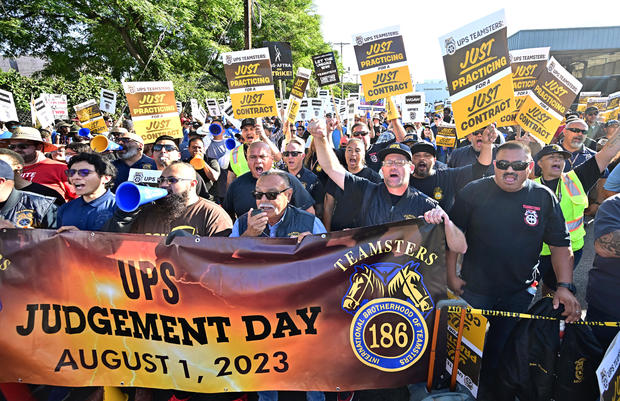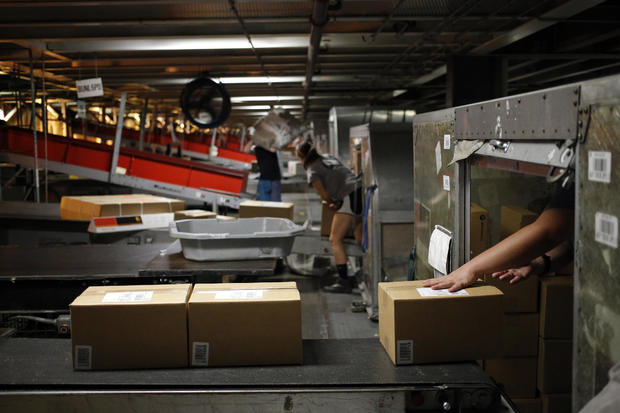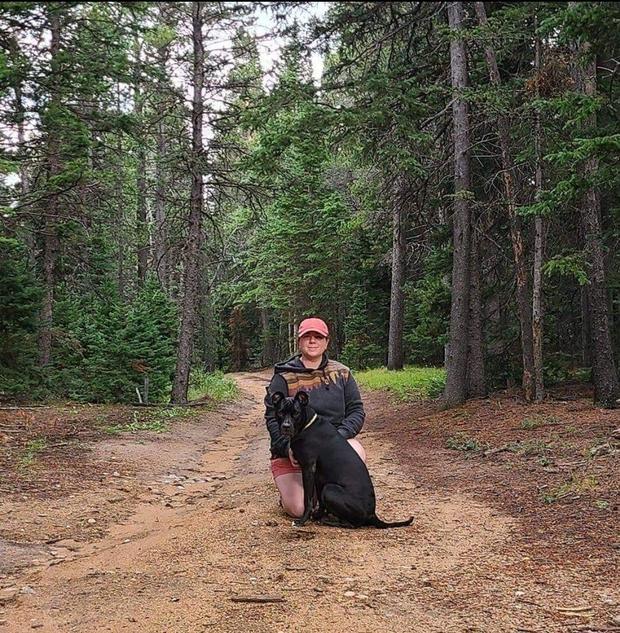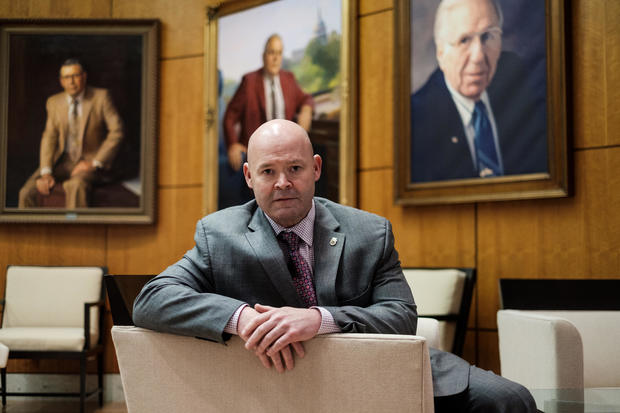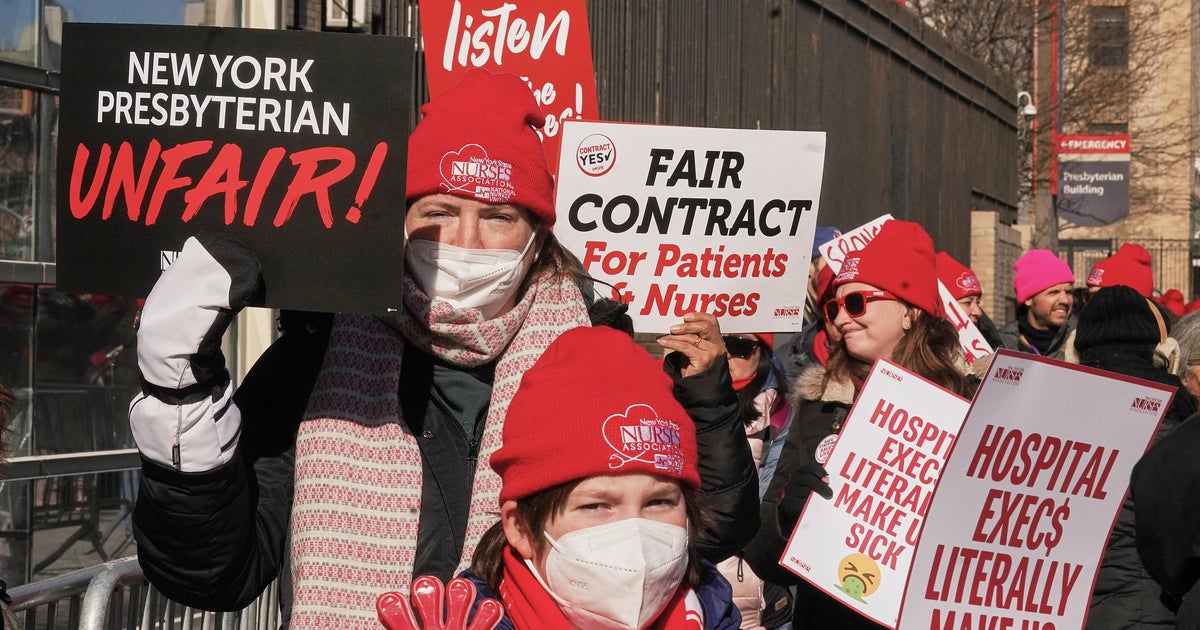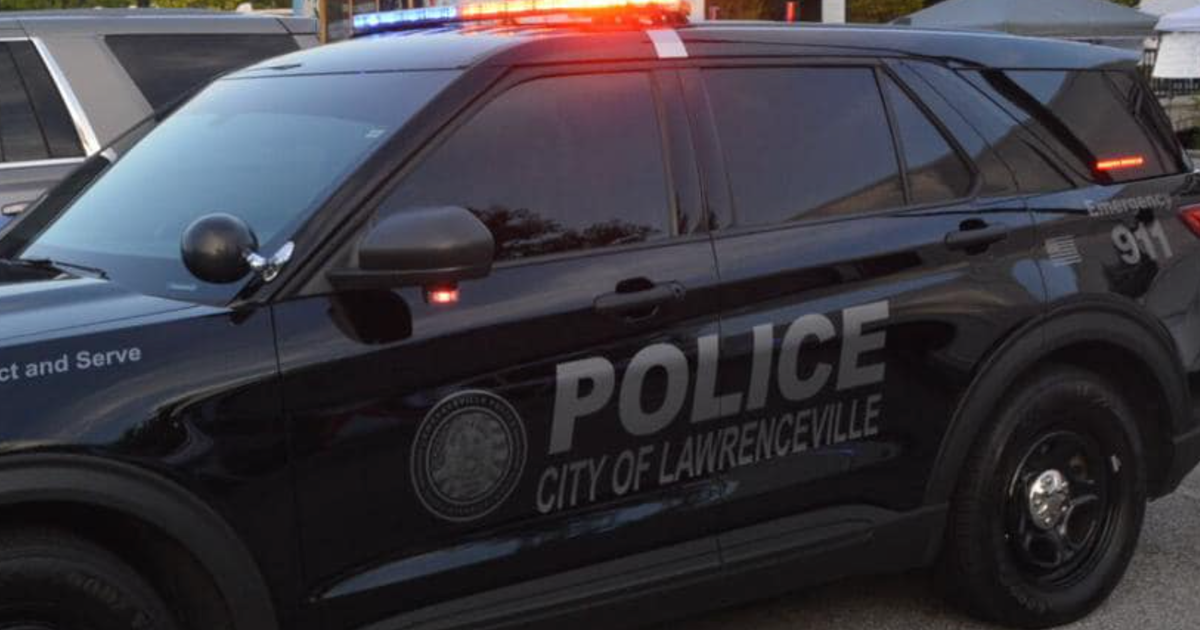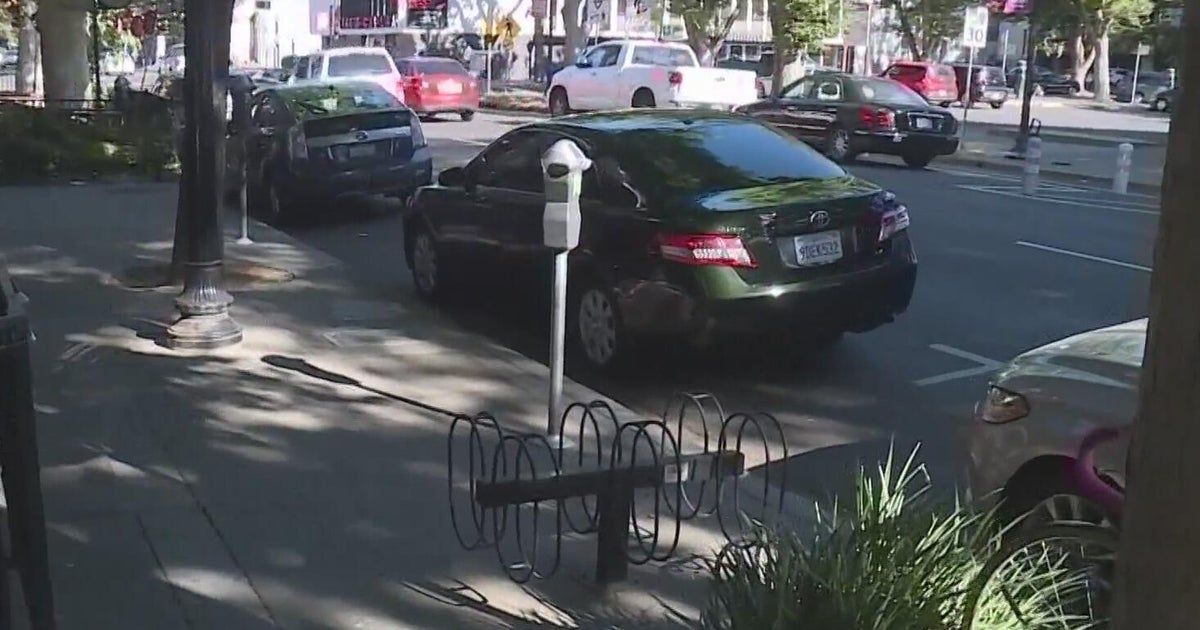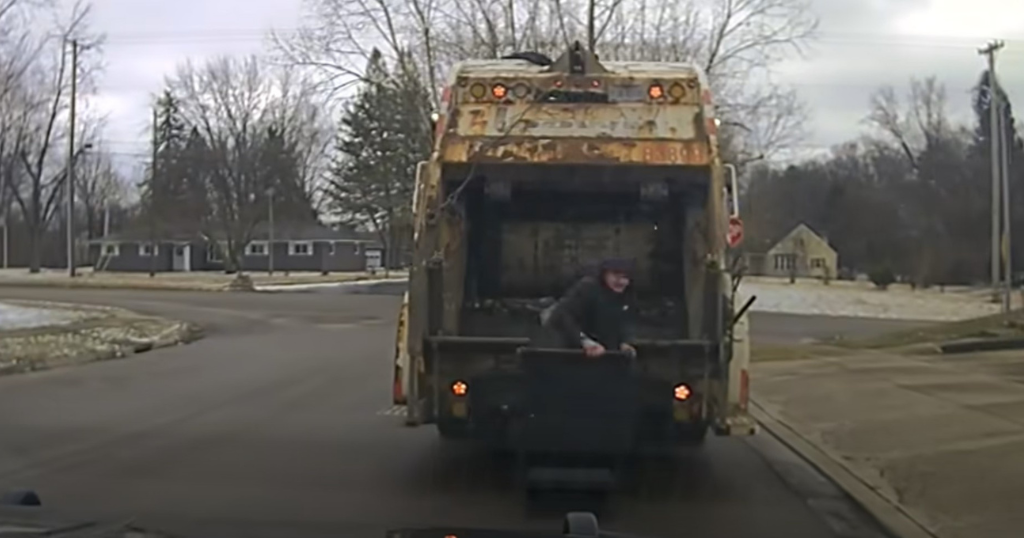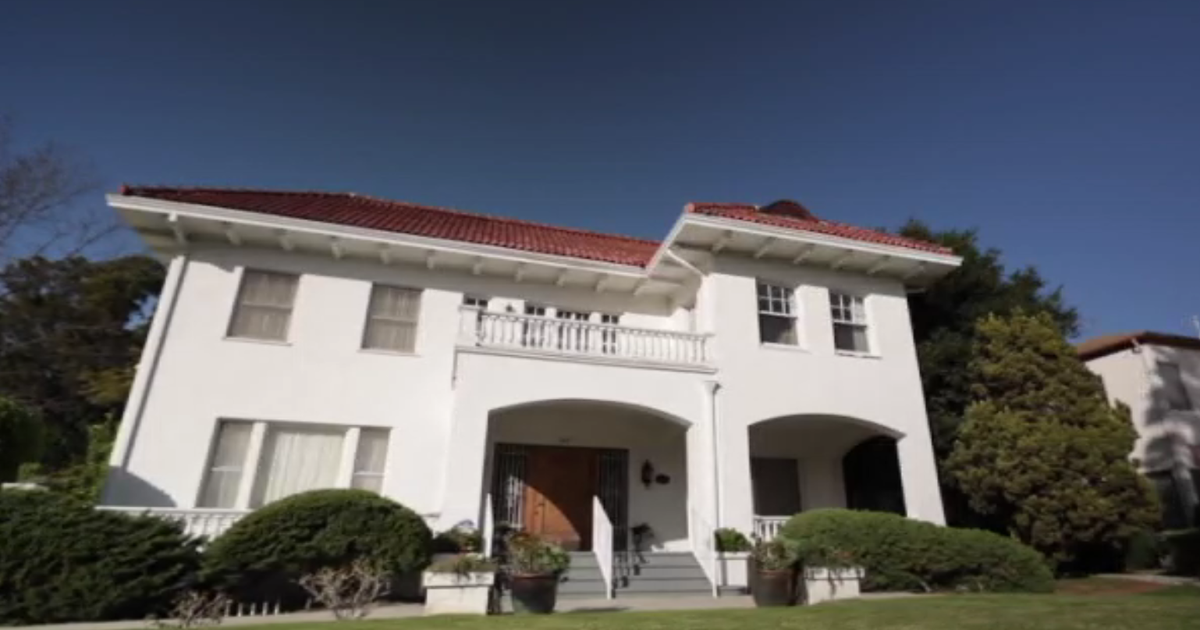Some part-time UPS workers say "historic" contract falls short
A tentative agreement between UPS and its unionized workforce has been hailed as "historic," with Teamsters leadership boasting that they "changed the game."
President Biden congratulated contract negotiators and shipping customers everywhere, breathing a sigh of relief that a massive strike would likely be averted. The agreement boosts starting pay for part-timers to $21 an hour, raises the top rate for full-time drivers to $49, eliminates a hated "two-tier" wage system that paid some drivers less than others for identical work and includes heat protections and air conditioning for new trucks.
But the deal must still be ratified by UPS' 340,000 unionized workers, most of whom are part-time, and some of whom say it wouldn't fix decades of falling pay in a physically exhausting job. Those workers are calling for a "no" vote on the agreement, raising the possibility that ratification will fail.
"A lot of us are frustrated and disappointed," said Jose Francisco Negrete, a package handler in Anaheim, California, who has been working at UPS for 25 years. Negrete, who also works part-time as a classroom assistant, is part of a contingent of workers pushing for a $25 hourly minimum for part-timers.
"$21 is still poverty pay — it's $1.50 more than the In-N-Out, which is a two-minute drive away," he said. "Is that really going to move the needle for you? Are you still going to be working two or three jobs? Are you still going to be on government assistance?"
"You have to fight big, and I don't think we fought big," he said.
Peter Lyngso, a part-time package sorter working in Chicago, called the agreement a "sellout," and said it doesn't address longstanding pay disparities between full-time and part-time workers.
"There has been a very loud rank and file movement of part-timers across the country demanding a realignment of wages for what is a brutally difficult job," he said on social media.
"I'm preparing to go to the mat over it for a no-vote," he told CBS MoneyWatch.
"Unsung heroes"
Part-time workers make up the majority of unionized UPS Teamsters. Leading up to the negotiations, union head Sean O'Brien called them the "unsung heroes" of the company. These part-timers, who work in warehouses sorting packages and loading and unloading trucks, complained to CBS MoneyWatch of unstable hours, warehouse injuries, brutal heat and dust and grime.
"In the middle of July, it's sometimes cooler outside than it is inside," said Holly Baca, a part-time package sorter who has worked in an Oklahoma City facility for 11 years.
"My skin will get itchy when I'm at work, my nose itches real bad," she said. "At the end of the day, I'd blow my nose and the snot comes out black."
While the tentative agreement is "leaps and bounds" better than previous contracts, "it does not close the gap of concessions part-timers have had forced upon them since the '80s," Baca said. "Ultimately, after accounting for inflation, we are being asked to accept lower wages than what people were offered as part-timers in the '80s — and that was back before UPS had even become a billion-dollar company!" she said.
1982 was the year those concessions started. Part-time workers' pay was cut to $8.50 an hour, 30% below full-time workers at the time, and has barely moved for decades. If the pay had risen with inflation, it would be over $26 today, but still just over half the rate that full-time UPS workers gained in the agreement.
"If you've been there eight, nine, 10 years, you're going to be making like a dollar more than someone who starts tomorrow. And that's not something anyone would deal with at any job," said Matt Hartin, a UPS employee of 17 years who works part-time near Nashville, Tennessee.
"Everybody feels like this is being rammed down their throats, and how can you blame them? Especially when you consider the tens of billions they spend on stock buybacks," he said. "When you consider the stock buybacks, the dividends, the executive compensation, there's plenty of money to go around. But there's not the will."
"We got it all"
A spokesperson for the Teamsters noted that part-timers would get a 48% total wage increase over the life of the contract, adding, "these wage increases are the biggest that we have ever got."
"This is the first time now that we've had wage increases for the part-timers that are in line with the full-timers," the spokesperson, Kara Deniz, told CBS MoneyWatch. "We pushed UPS extremely hard, as hard as we could. They had nothing else. We got it all."
Over the life of the contract, UPS vowed to put in $30 billion more into workers' pay, according to the union. That translates into an operating-cost increase of about 10% a year, according to Alan Amling, a former UPS executive who teaches supply chain management at the University of Tennessee-Knoxville. The company did not give a dollar amount on the contract, but called the deal a "win-win-win" in a statement.
"Out of the gate, the winners were the Teamsters. Over the course of five years — we'll see," said Amling.
Part-timers are "critical" to operations
UPS' willingness to meet a $25 pay floor is an open question. "The part-time employees are absolutely critical," Amling said. They work short shifts at night, or at dawn, ferrying packages from plane to plane between scheduled flights. UPS "couldn't operate without them, they really couldn't," he said.
To be sure, not all part-timers are dissatisfied with the agreement. Cesar Castro, a part-time worker who was on the bargaining committee, said he felt "joyful" about the tentative agreement and would "definitely" vote in favor of it.
"With this new wage increase, I'm going to get a significant increase and it's going to help me maintain my bills correctly," he said, but added that he hadn't done the math to work out how much of an increase he personally would get. Having just received a his bachelor's degree from the California State University, Castro said he plans to seek a full-time job at UPS.
Voting on the contract is scheduled to run between August 3 and August 22. Whether union members accept the deal, and by what margin, will be an important test of organized labor's strength — and may give clues about how successful the Teamsters could be at organizing other notably large workplaces, notably Amazon.
"The Teamster leadership really [need] a significant win, because they're not just negotiating with UPS," Amling said. "They're stating a precedent for the next company they would like to unionize, which is an even bigger prize."
